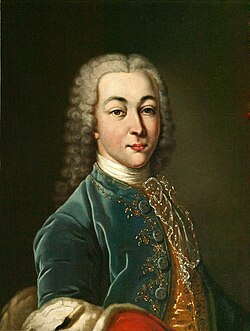Two Capitals, Two Languages
19.02.2016Defender of Fatherland Day in Ruslanguage
23.02.2016Russian Words Invented by Writers
The apparition of new words in the literary language is often related with the changes of epochs in the development of the culture of a country, taking-off in literature. In Russia, this period of reforms happened during the reign of Peter the Great. In order to express new ideas, new appearing writers had to look for new words. Updating our language has been done in two ways: by borrowing foreign words or taking Russian roots attached with the national inflection, thus acquiring a new significance. For example, in the 16th century, there was a word гласити (to pronounce loudly, to be heard by everybody); гласно (sonorously, loudly). In the beginning of the 18th century, due to the greater openness of public life, new word was required to designate this phenomenon, and so appeared the word гласность (publicity, transparence).
At this time, most of the new words that appeared in the language belonged to writers, students of the Slavonic-Greek-Latin Academy. This is no accident: they were deeply engaged in studying language, literature; and from that Academy a whole group of poets and writers of the new era made their appearance.
Here are some of these words, that we are using a lot nowadays:
Антиох Кантемир (Antiochus Kantemir, 1708-1744) Russian Enlightener:кризис (crise), средоточие (centre of something, heart of something), критик (critic), характер (character, temper), вкус (taste, flavour), понятие (idea, notion), жадность (avidity, greed), деликатность (tact), надменность (arrogance);

Михаил Ломоносов (Mikhail Lomonosov, 1711-1765) Russian polymath, scientist and writer, founder of the Moscow State University:
чертёж (drawing, scketch), земная ось (axis of the equator), нелепость (nonsense), тленность (perishability);

Василий Тредиаковский (Vassily Trediakovsky, 1703-1769) Russian poet
общество (society), искусство (art), достоверный (trustworthy), вероятный (likely), благодарность (gratitude), почтительность (respect), неосмотрительность (thoughtlessness), дальновидность (foresight).

Елена Коновалова
 ENROLL!
ENROLL!